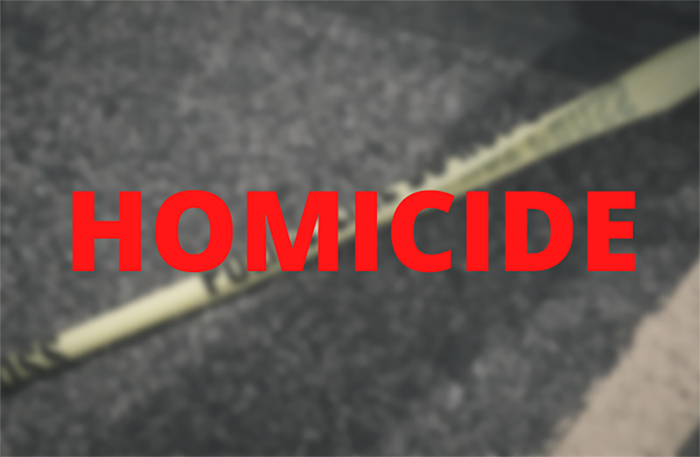
Thank you for reading D.C. Witness. Help us continue our mission into 2024.
Donate NowBy
D.C. Witness Staff
- August 4, 2020
Daily Stories
|
Homicides
|
Juveniles
|
Victims
|
On Aug. 4, a judge declined to release a juvenile from detention even though he has been under good behavior since he has been held.
On July 4, a 36-year-old man was shot multiple times outside a McDonald’s in Washington, DC. He was still alive when police responded to the scene and was transported to a local hospital for treatment, where he died from his wounds.
The decedent has been identified as Antonio Gardiner from Oxon Hill, Maryland.
The child was arrested on July 8 and charged with first-degree murder for Gardiner’s death.
During a hearing on Aug. 4, DC Superior Court Judge Andrea Hertzfeld heard arguments from the defense as well as the prosecution on several issues.
The parties first discussed the possibility of a plea deal. The prosecution stated a plea offer was still under negotiation and would hopefully be presented to the respondent soon.
Judge Hertzfeld then heard from both sides regarding a motion by the prosecution to conduct a buccal swab for potential DNA evidence in connection with the homicide.
The prosecution said they wanted to test the respondent’s DNA in order to compare it to potential DNA evidence that may come from the firearm, which has not been tested yet.
Judge Hertzfeld said sufficient evidence needed to be presented from the prosecution that the gun will likely provide DNA evidence of the respondent’s guilt in order for her to grant the motion to test the respondent before the gun results come back from the lab.
Prosecution said the gun in question was confirmed to be involved in the shooting on July 4 as shell casings found in the vicinity were matched to the gun. They also stated the gun was recovered on July 6 on a path the respondent was on while fleeing the police.
The respondent reportedly ran away from the police, and the prosecution said this should be enough to suggest the gun will have DNA on it as it was a “hot day in July.” When questioned further by the judge, the prosecution said the respondent must have been sweaty and that his sweat should be on the gun since he must have carried it before disposing of it.
The defense, represented by Christen Philips and Kevin O’Sullivan, said the prosecution’s argument was a stretch and said they did not cite any studies that would confirm that sweat would lead to usable DNA evidence. They said touch DNA is always low quality and may be unlikely to produce usable, comparable results and, therefore, the respondent should not be tested until after the gun has been tested.
Judge Hertzfeld sided with the prosecution, granting their request for a buccal swab in conjunction with the gun.
Finally, Judge Hertzfeld heard from both sides regarding the respondent’s location, pending his next hearing. The defense requested the respondent be released on either 24-hour home confinement or at a community-based youth shelter house, citing his complete compliance where he is currently held, which is in the Department of Youth Rehabilitation Services’ (DYRS) custody.
The prosecution said the situation is too dangerous, citing the fact that the respondent reportedly did not know Gardiner and that this was a “cold-blooded killing.” They said, “facts here really do not support any change in the respondent’s placement.”
Judge Hertzfeld decided to keep the respondent in DYRS’ custody, citing he was on supervision when the homicide occurred and was subject to conditions of the court that he did not follow.
The respondent is scheduled for a trial date of Sept. 21 but is unwilling to have his trial remotely, and Judge Hertzfeld said it would most likely be pushed back due to the pandemic if he continues to be unwilling to hold it by video conference.
A hearing is scheduled for Aug. 20 to further discuss potential DNA evidence and considerations for a virtual trial.
Follow this case